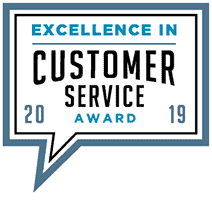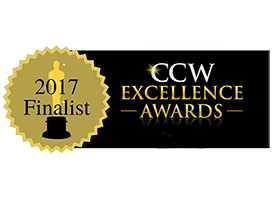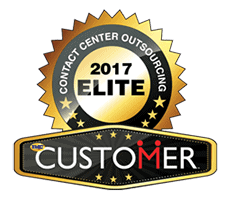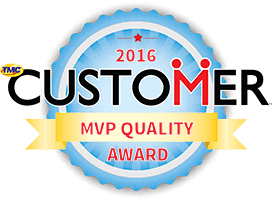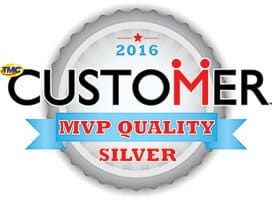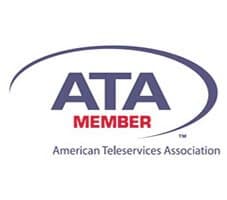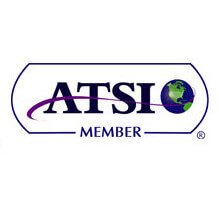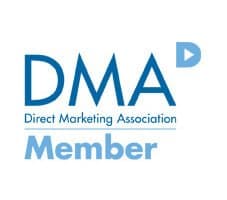Keeping patient information private is an essential duty of any organization involved in the health care industry. The Health Insurance Portability and Accountability Act (HIPAA) governs how a patient’s protected health information (PHI) must be collected, stored and transmitted to ensure that this sensitive data remains secure. Yet more than 17,000 complaints are filed with the federal government annually.
Ansafone’s HIPAA compliant call centers solve many of the most common complaints, including impermissible disclosures of PHI, lack of safeguards to secure PHI and inadequate patient access to their personal information. The HIPAA Journal notes that HIPAA compliant call centers accelerate the cycle of communication, streamline workflows and enhance patient service levels. General hospitals, private practices, outpatient facilities, pharmacies and health insurance plans rely on the expertise of Ansafone’s health care call center services as well as our HIPAA compliant customer service software to make certain they exceed regulations, which lowers the risks for security breaches and patient dissatisfaction.
Like all health industry organizations, health care call centers are governed by HIPAA rules every time a patient’s inquiry is answered, a call is forwarded, data is stored or information is transferred. The storing of health records in the cloud and patients’ expectations to communicate electronically is creating new vulnerabilities for institutions that are unprepared to appropriately protect sensitive data.
The Health Insurance Portability and Accountability Act (HIPAA) is a law passed in 1996 to establish guidelines for the proper use of protected health information (PHI). Some of the most common examples of PHI include medical test results, prescription data and billing information from a doctor’s office. HIPAA compliant call centers must take care to avoid allowing these and other sensitive data from being disseminated to anyone other than authorized individuals including the patients and their healthcare providers.
There are a number of protocols HIPAA compliant contact centers must follow. For example, they must have strict privacy policies that include always using secure data connections. They must use HIPAA compliant call center software that includes security measures such as data encryption and robust authentication procedures. Employees must be screened and vetted thoroughly to ensure they will be trustworthy and adhere to the proper standards. It is also critical that these call centers review their practices and standards on a regular basis to ensure there are no gaps in their security. In the event of a data breach, these call centers also must have comprehensive disaster recovery plans to mitigate the damage as much as possible.

